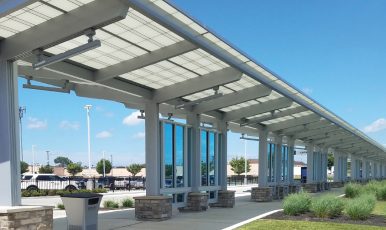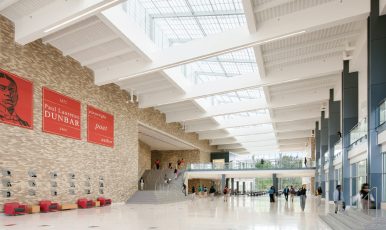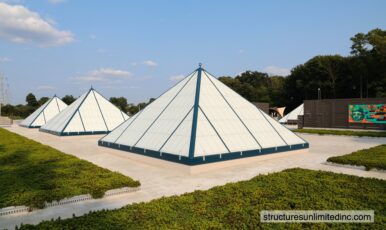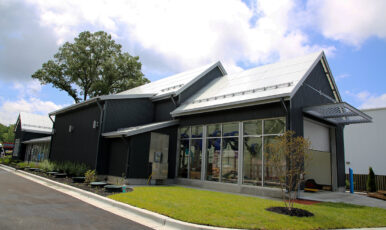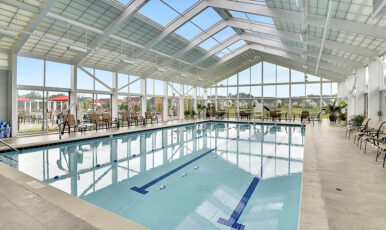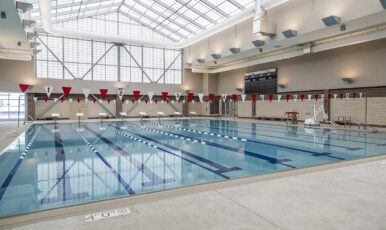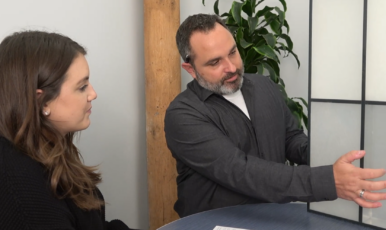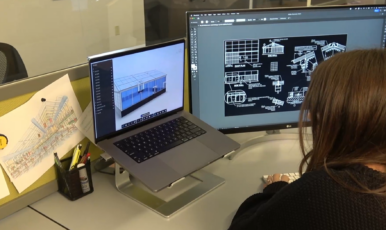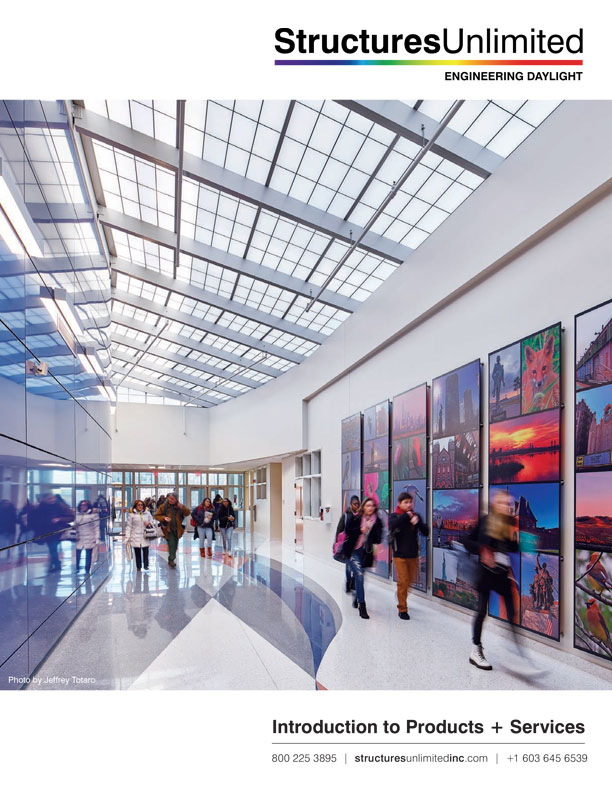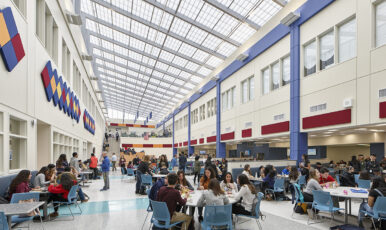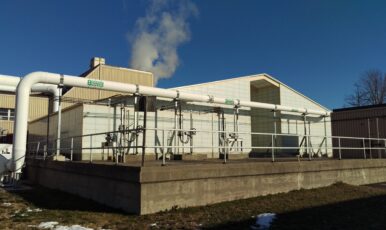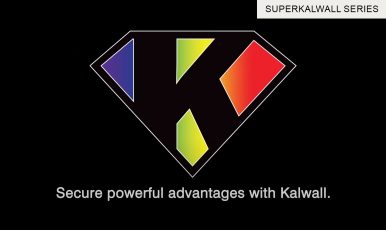Structures Unlimited Course Accepted by U.S. Green Building Council
Structures Unlimited Inc. joined the U.S. Green Building Council as an Education Partner by designing and offering the course Daylighting and LEED Credits that will earn building professionals one CE credit toward the Leadership in Energy and Environmental Design (LEED) continuing education program.
The course was designed by Mike Crowder, Marketing Manager for SUI and a LEED Accredited Professional.
The one-hour live and in-person course is instructor-led and goes toward the areas of LEED AP Building Design + Construction and LEED AP Homes. LEED certification is the preferred way for professionals to demonstrate their understanding of the LEED rating system. A LEED AP is able to offer advice on sustainable solutions accepted by the LEED program.
The Daylighting and LEED Credits course allows professionals to understand the way translucent fiberglass sandwich panels can assist in several areas of the LEED score sheet: Learning how designing with proper face sheet combinations earns Heat Island Reduction Credit, utilizing Daylight Modeling to assist in earning the Daylight Credit, analyzing U-factors, which maximizes thermal performance and helps meet code requirements, and incorporating vision glazing into window and curtainwall systems, aiding in earning the Quality Views Credit.
“The course is an ideal way for professionals to work toward their accreditation and understand how buildings can be more energy efficient through the use of translucent fiberglass sandwich panels,” Crowder said. “With energy codes more and more stringent, the ability to design and build intelligent facilities that earn LEED points is an absolute necessity.”
According to the USGBC, there were close to 200,000 LEED accredited professionals in the United States and Canada in 2013. The number of accredited professionals in AP BD + C was just under 54,000 and the number of accredited professionals in AP Homes was less than 1,000.
Also according to the USGBC, accredited professionals represent over 50 areas of practice, including architects, construction managers, mechanical engineers, interior designers, project managers, general contractors, consultants, builders, electrical engineers, civil engineers and manufacturing personnel.
